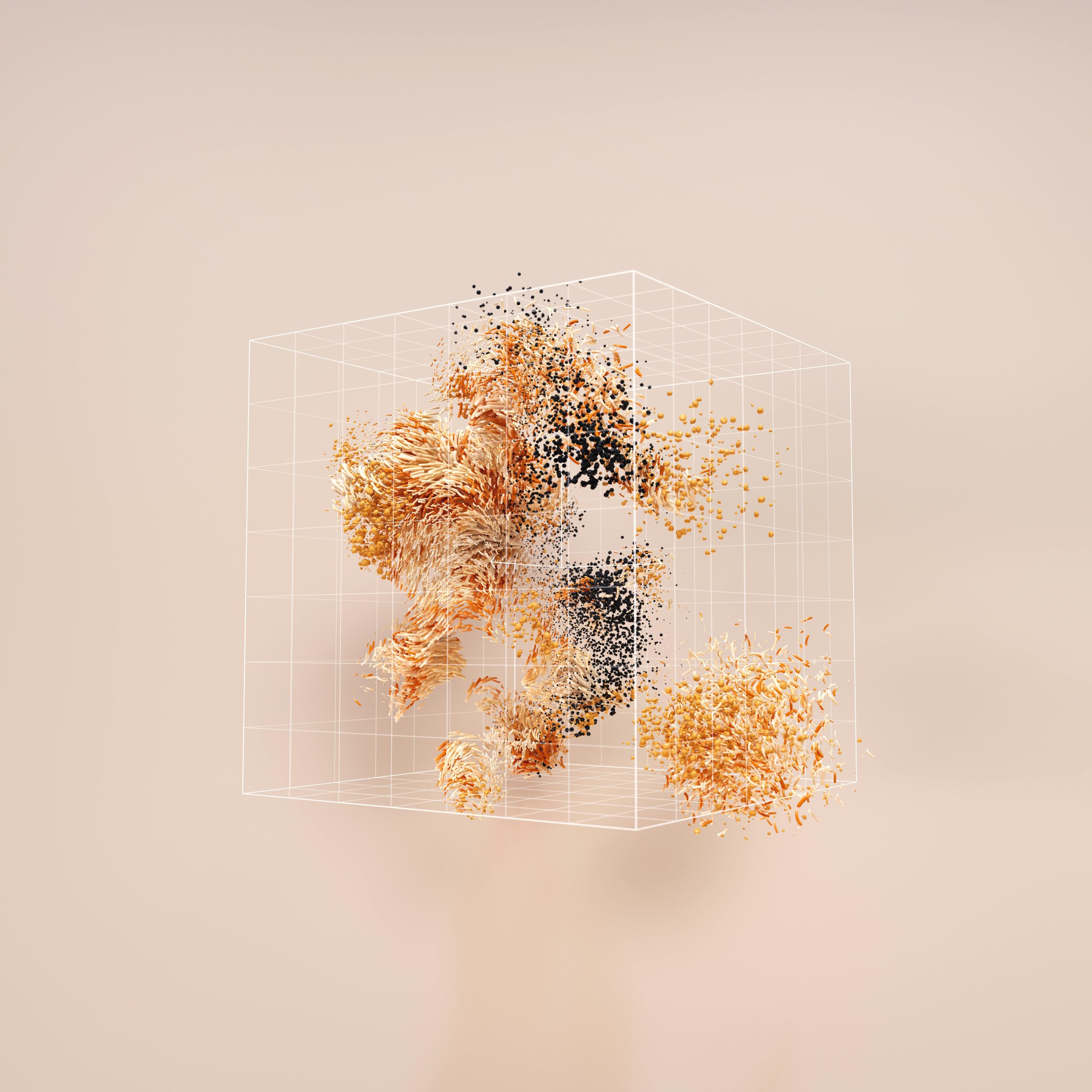Google Moves Toward Replacing Meta Descriptions with AI-Generated Summaries: What Marketers and Webmasters Need to Know
In a recent development that could significantly impact search engine optimization (SEO) and website visibility, reports indicate that Google is evolving its search results presentation by replacing traditional meta descriptions with AI-generated summaries. This shift reflects Google’s ongoing efforts to enhance user experience through more dynamic and contextually relevant snippets.
Understanding the Change
Traditionally, meta descriptions—brief summaries written by website owners—have played a crucial role in enticing users to click on search results. They also provided search engines with context about the page content. However, recent observations suggest that Google is increasingly generating its own summaries using advanced AI algorithms, rather than solely relying on the meta tags provided by webmasters.
A visual example shared via LinkedIn highlights this trend, illustrating how search snippets now often feature AI-crafted summaries that better align with the user’s intent. These automated descriptions are tailored dynamically, potentially offering a more accurate representation of page content without manual intervention.
Implications for Content Creators and SEO Strategies
This transition toward AI-generated snippets presents both challenges and opportunities:
-
Reduced Dependency on Meta Descriptions: Webmasters may find that their meticulously crafted meta descriptions are no longer guaranteed display in search results. Instead, Google’s AI summary will determine the snippet shown to users.
-
Focus on Content Quality: Since Google is extracting key points directly from the page content, ensuring that the primary information is clear, well-structured, and easily accessible becomes even more critical.
-
Keyword Optimization: While traditional keyword stuffing is discouraged, it’s vital to incorporate relevant terms naturally within content to facilitate accurate AI summarization.
-
Technical Best Practices: Maintaining clean HTML structures, including proper headings, bullet points, and schema markup, can assist AI algorithms in accurately understanding and summarizing your content.
What Should Website Owners and Marketers Do?
Given these changes, digital content strategists should revisit their SEO practices:
-
Prioritize High-Quality Content: Focus on creating comprehensive, relevant, and engaging content that naturally highlights key information.
-
Improve Content Structure: Use clear headings, lists, and schema markup to guide AI in generating meaningful summaries.
-
Monitor Search Snippets: Regularly check how your pages appear in search results to adapt strategies accordingly.
-
Stay Informed: Follow industry updates and Google’s official announcements to understand evolving ranking and display algorithms.
Looking Ahead

